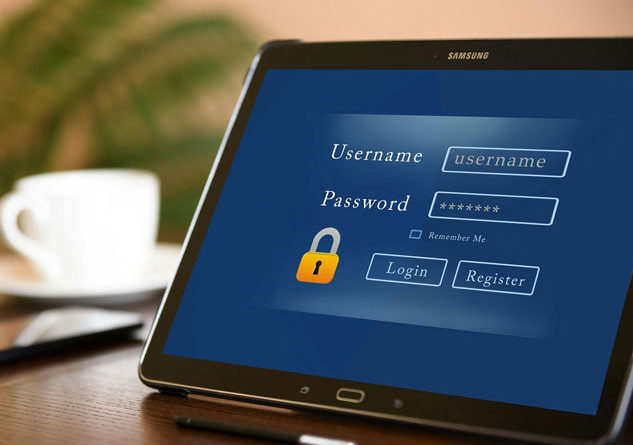Evan Arnold-Gordon
Golden Gate Better Business Bureau
Protecting your identity is more important than ever. According to the Federal Trade Commission (FTC), identity theft was the second biggest category of complaints they received in 2017, making up nearly 14 percent of all the consumer complaints.
Thankfully, there are steps you can take to mitigate the risk of identity theft. According to the FTC, it’s important to “shred receipts, credit offers, credit applications, insurance forms, physician statements, checks, bank statements, expired charge cards, and similar documents when you don’t need them any longer”.
Unfortunately, securing your information offline is only half the battle. Identity theft is increasingly happening in the cyberworld. Fraudsters steal identities through data breaches, insecure websites and public WiFi, phishing and online scams, and hacking. Improving your personal cybersecurity is the best way to protect yourself from these threats. Although it takes some time and effort, it’s easier to do than you think.
Examine the current state of your cybersecurity and protect yourself from identity theft with these BBB tips:
- Protect your accounts and devices. Secure all of your online accounts with strong passwords. The National Cyber Security Alliance (NCSA) recommends using “a sentence that is at least 12 characters long” for your password. Make sure that unique accounts have unique passwords – don’t reuse them. To further protect your accounts, turn on multi-factor authentication, security keys, or biometrics tools. Write passwords down on a piece of paper and store it in your safe, don’t keep them on any device. You can also use a password manager to keep track of passwords. Dispose of devices properly; you can visit bbb.org to find a trustworthy computer business that can ensure your data is fully erased. Learn more about strong passwords here, and about multi-factor authentication here.
- Verify security. If you’re entering any personal information on a website, make sure it’s secure. Look for the “s” in “https://” – “http://” by itself is not secure. Avoid using public WiFi, but if you must use it verify the name, avoid checking sensitive data, turn off sharing, use a VPN, and turn off your WiFi when you’re done. Be careful downloading unfamiliar apps, as they may contain malware (especially Android apps). Disable auto-connect for your Bluetooth, and turn off Bluetooth and WiFi when you’re not using them. Click here to learn more about the dangers of public WiFi.
- Avoid scams and phishing. Consumers nationwide reported more than 47,000 scams to BBB Scam Tracker in 2017 – many of which aimed to steal personal information. Learn how to protect yourself from a variety of scams at bbb.org/scamtips. Be wary of any unsolicited contact, whether it be over the phone, online, or in person. Avoid clicking on links or attachments in emails, social media posts, and online ads. And remember, if it seems too good to be true, it probably is.
- Watch out for hackers. The best way to avoid hackers, ransomware, viruses, and malware is to keep your software up-to-date. This includes security software (like anti-virus and anti-malware), as well as your web browser, operating system, and any other software on your computer. Make this easier by turning on automatic updates. This should be done on any device that connects to the internet, including phones and tablets. USBs and other external devices may be a hidden source of viruses and malware. Use your security software to scan them.
- Safeguard your privacy. Don’t overshare on social media – you could be giving identity thieves the information they want. Consumer Reports notes that “fraudsters can mine social media posts for information that could help them get past account security questions on various sites.” Be a good cyber citizen and don’t overshare about others either. Make all of your accounts as private as possible. Check the security settings of your apps to make sure they aren’t collecting unnecessary information.
For more cybersecurity tips, visit the Stop. Think. Connect. website. If you believe you’re a victim of identity theft, visit identitytheft.gov for resources and next steps. Make sure to report all scams, including identity theft, to BBB Scam Tracker.
You can reach your BBB at info@bbbemail.org or (510) 844-2000, or by visiting bbb.org.






